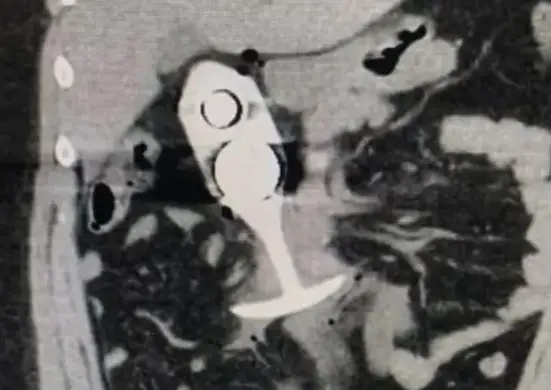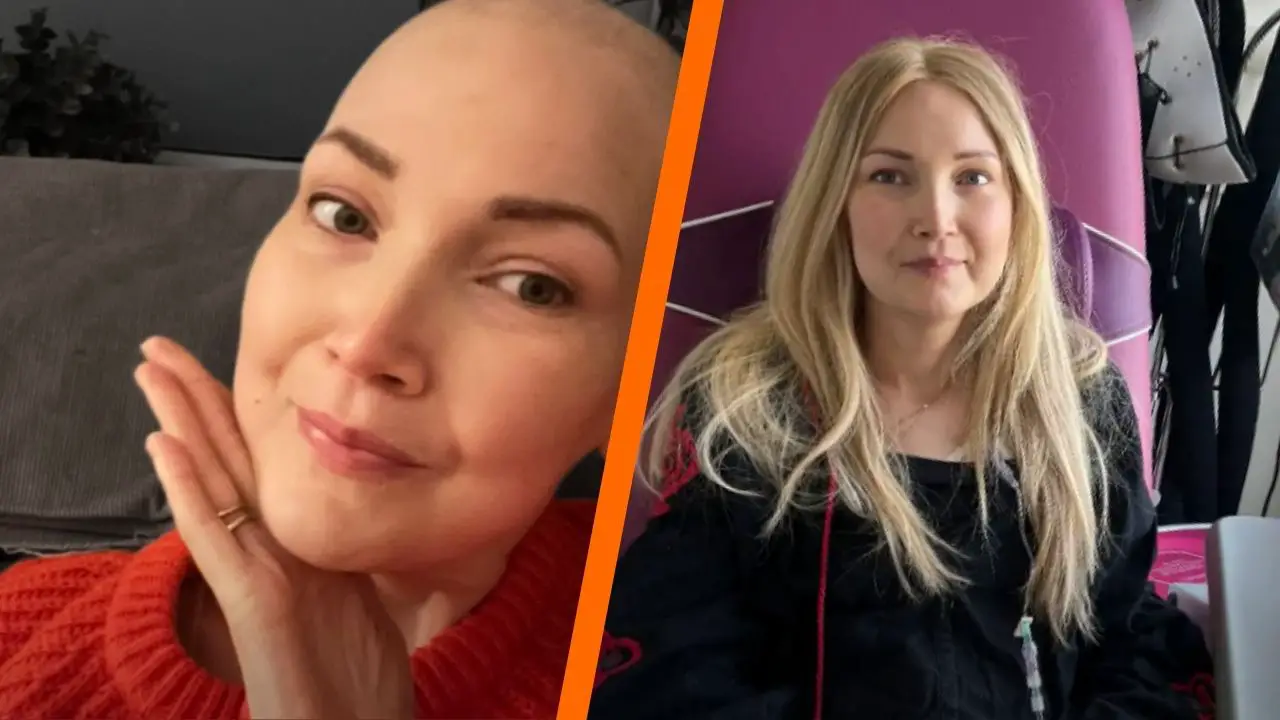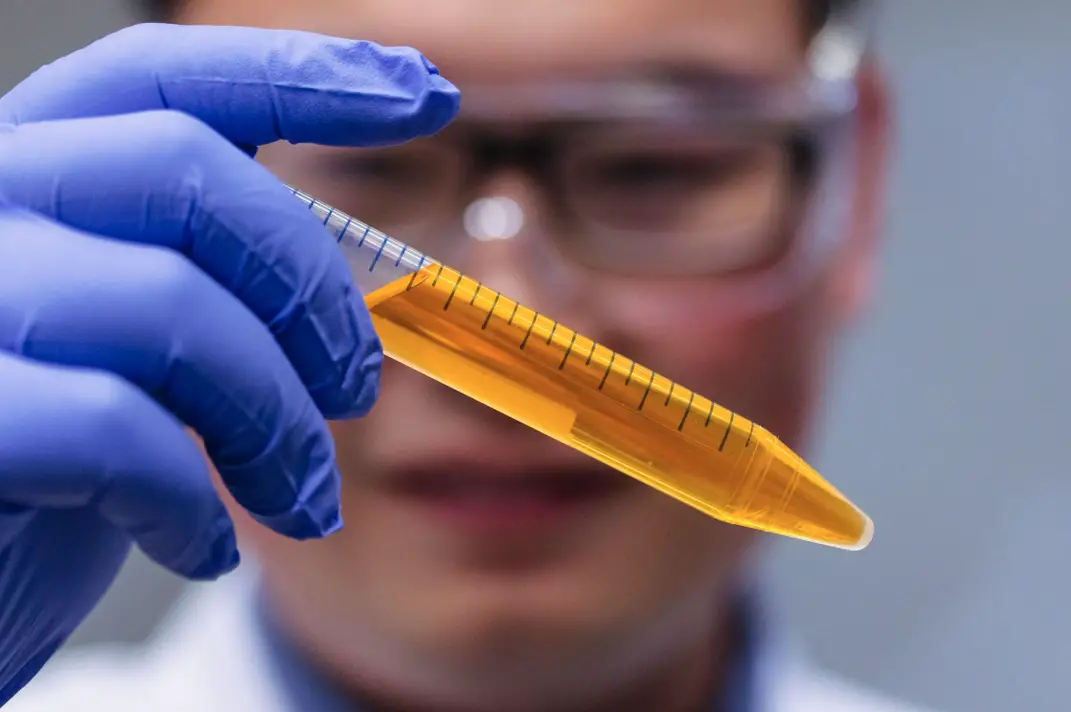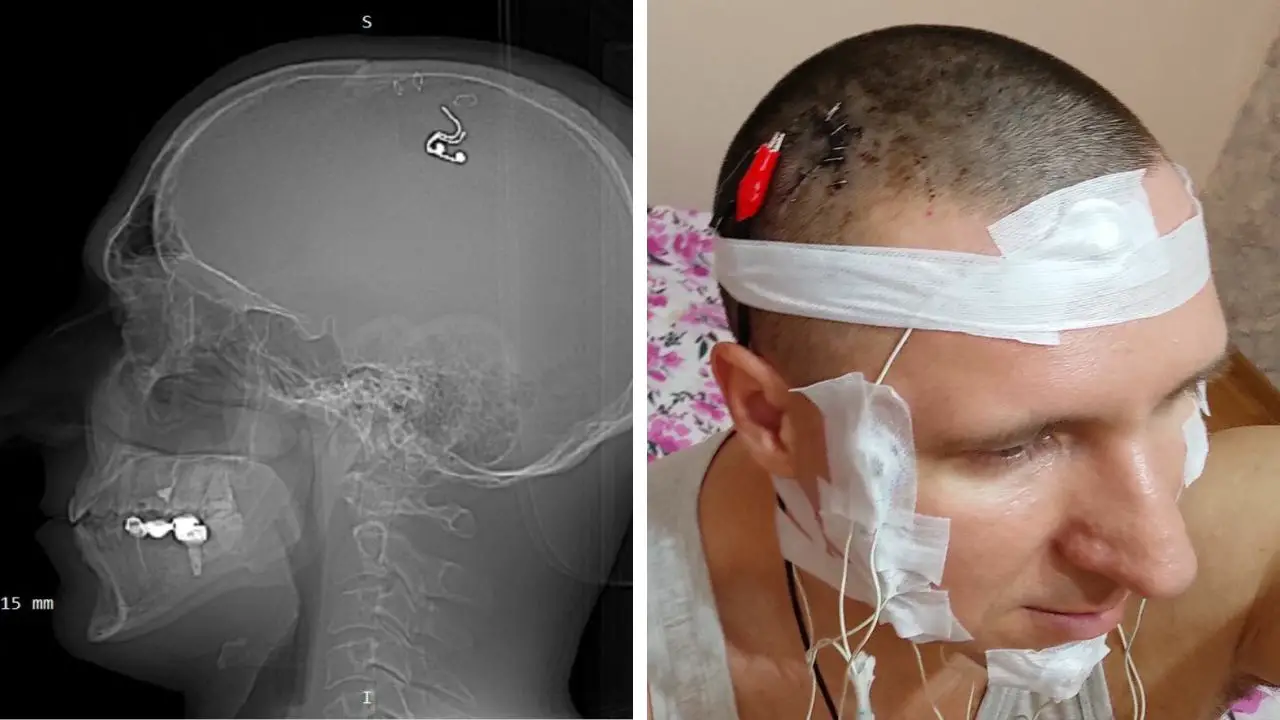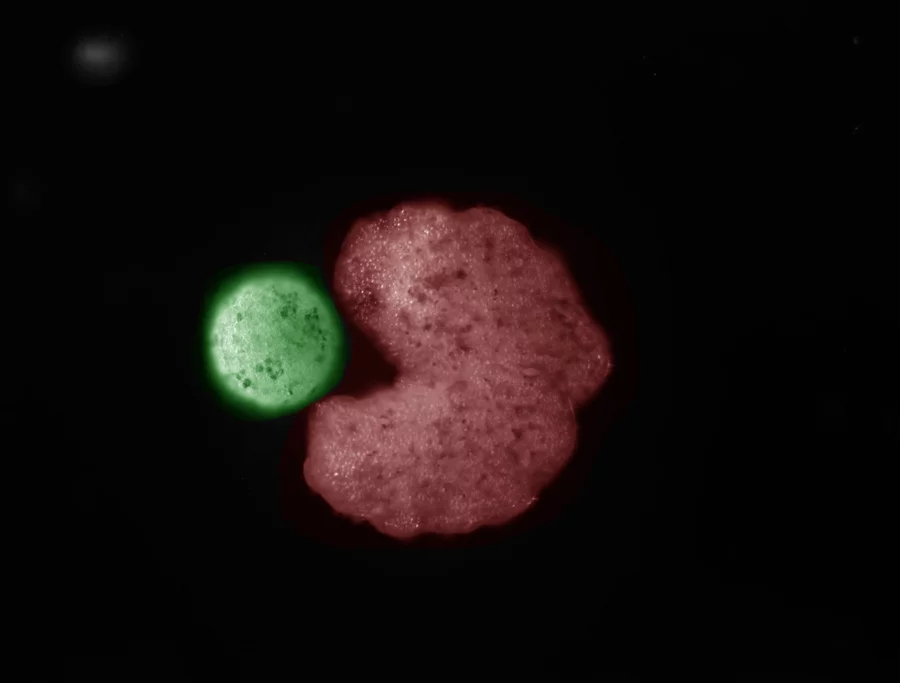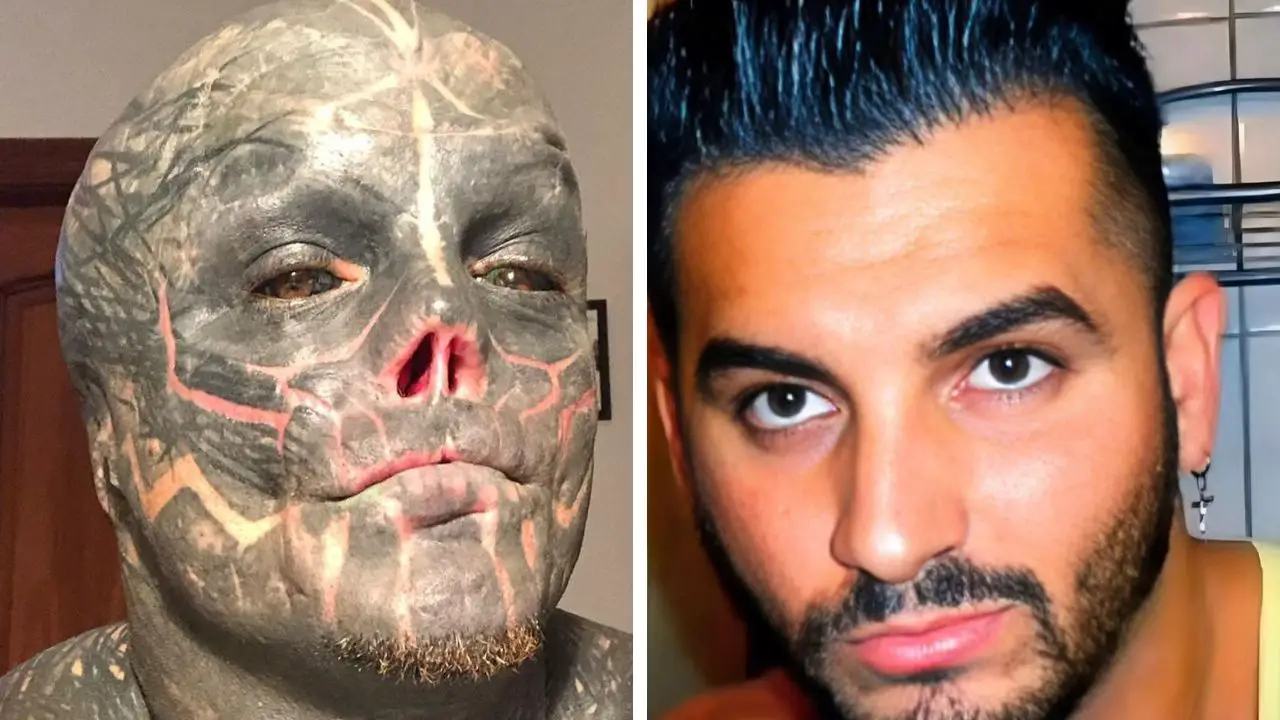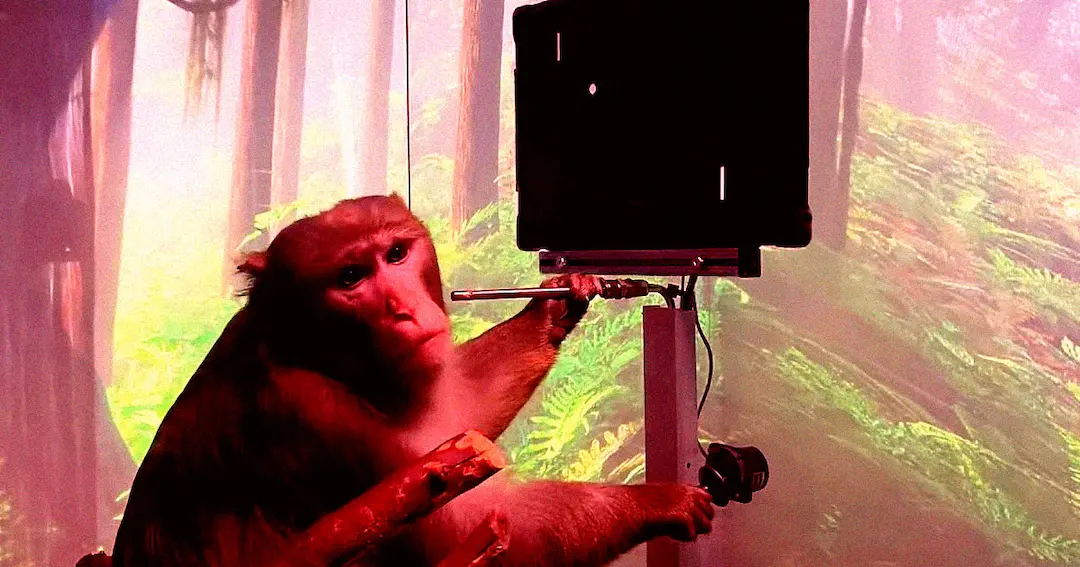Elon Musk is Recruiting People for Human Trials of His Brain Implant Project ‘Neuralink’
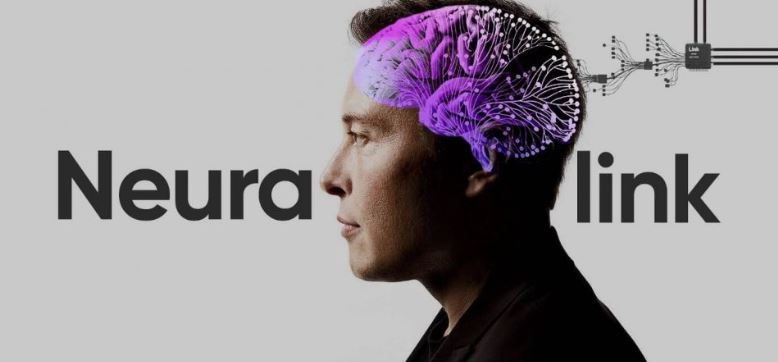
In a bold leap from science fiction to scientific reality, Elon Musk and his visionary team at Neuralink are on the cusp of an unprecedented milestone: the commencement of human trials for their groundbreaking brain implant project.
The implications are nothing short of awe-inspiring. Picture a world where thoughts seamlessly interface with computers and machines, an imminent reality that promises to revolutionize human existence.

The Green Light: A New Frontier
Neuralink’s journey to the forefront of neurotechnology has been nothing short of remarkable.
After extensive testing on pigs and monkeys, the neural brain chip, a marvel of modern science, is now poised to take its boldest step yet: implantation into the human brain.
The pivotal moment arrived when the Food and Drug Administration (FDA) extended its resounding approval, setting the stage for what can only be described as the stuff of science fiction turned science fact.
But the story doesn’t end there. Neuralink’s quest has garnered approval from the “reviewing independent institutional review board” and secured its first hospital site, essentially assembling a formidable team of medical visionaries.
It’s a convergence of minds and technology, reminiscent of assembling the Avengers of medical science.
The Call to Adventure
In a digital proclamation that reverberated across the virtual cosmos, Neuralink issued a tweet that has sparked both curiosity and hope: “We’re excited to announce that recruitment is open for our first-in-human clinical trial!”
This clarion call extends to individuals grappling with quadriplegia due to cervical spinal cord injuries or the formidable amyotrophic lateral sclerosis (ALS).
If you find yourself in this category, you might just be the chosen one.
Prospective participants are encouraged to visit Neuralink’s blog to embark on what can only be described as the adventure of a lifetime.
This isn’t your run-of-the-mill clinical study; it’s the PRIME Study (Precise Robotically Implanted Brain-Computer Interface), where the boundary between science and magic blurs.
The mission? To assess the safety of their brain implant (N1) and surgical robot (R1) while empowering individuals with paralysis to control devices using their thoughts—a real-life manifestation of telekinesis.
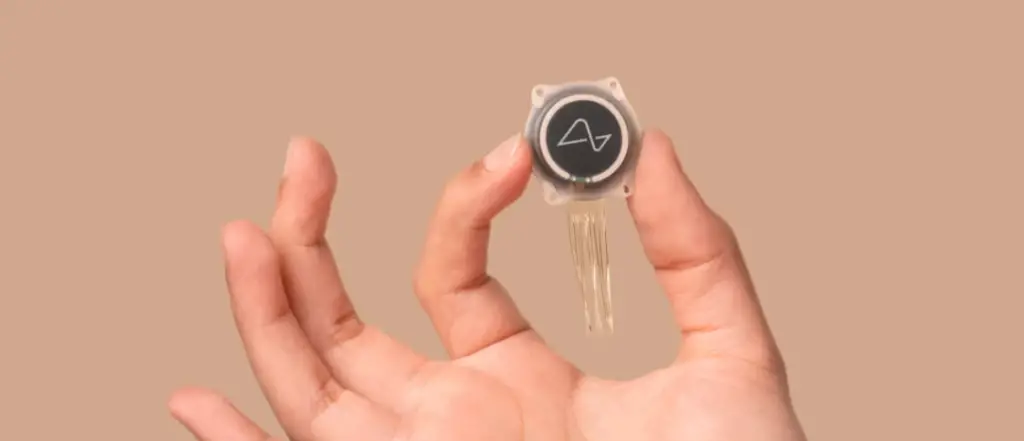
The Dance of Technology and Biology
During this extraordinary odyssey, the R1 Robot will delicately implant the N1 Implant’s ultra-fine threads into the brain’s movement control center.
What sets this implant apart is its near-invisibility, akin to a ninja in the cerebral realm. It records and wirelessly transmits brain signals to an app, effectively decoding thoughts into actionable commands.
It’s the dawn of mind control at your fingertips, a feat that once resided solely within the realm of science fiction.
Imagine composing messages without lifting a finger or manipulating a computer cursor through mere thoughts.
This is the initial promise of Neuralink’s Brain-Computer Interface (BCI), a technology that transcends boundaries and redefines the possibilities of human-computer interaction.

A Paradigm Shift in Healthcare
Beyond the allure of cutting-edge gadgets, Neuralink’s PRIME Study signifies a profound shift in the landscape of healthcare.
It represents a monumental stride toward creating a universal brain interface capable of restoring independence to those with unmet medical needs.
Participation in this grand endeavor is open to individuals aged 22 and above who have a reliable caregiver by their side.
The journey ahead spans approximately six years, with a blend of nine at-home and in-person clinic visits dispersed over 18 months.
Participants need not tread this path alone; Neuralink’s cadre of experts will be there every step of the way, ensuring the BCI continues to work its transformative magic.
Watch: Embedded a Chip in His Head to Control Lucid Dreams
In conclusion, Neuralink’s foray into human trials marks a pivotal moment in the annals of science and technology.
As we embark on this extraordinary journey toward a future where the boundaries between mind and machine blur, one can’t help but feel a sense of wonder and anticipation.
With Elon Musk at the helm, leading a team of trailblazers, the possibilities are limitless.
The fusion of science and imagination is poised to unlock the doors to a new era—one where the human mind takes flight, steering the course of our destiny with unprecedented precision and grace.










